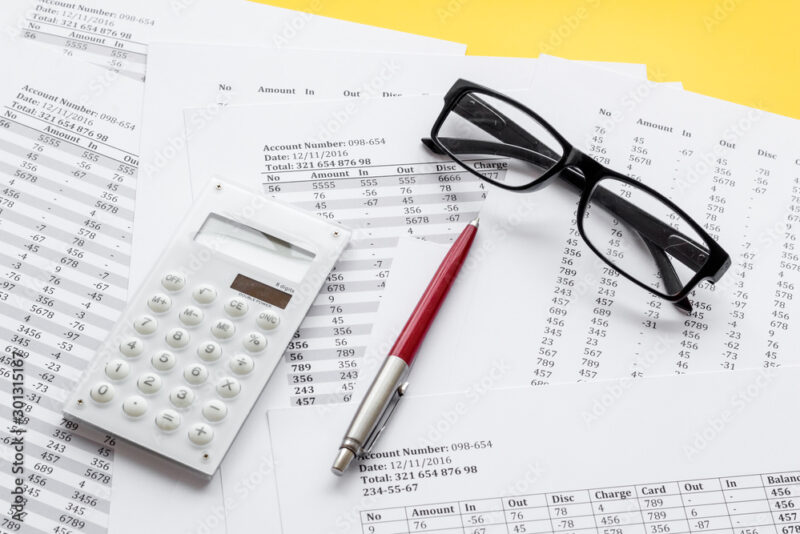Spring is here and many of us begin to think about eating more healthily at this time of year. However, for most of us, it seems the main barrier to this is money. A survey by Aviva recently revealed more than half of us feel ‘healthy’ foods are too expensive.
This often plays out when it comes to the weekly shop. Our natural instinct is to look for the bargain and watch what we are spending. It is not uncommon these days for people to walk around the supermarket with a gadget that clocks up the exact price of what they are putting in their trolley.
This is sensible but rather than be thrifty, we should place more emphasis on what we are actually putting in that trolley. Because, ultimately, that is what we are putting into our bodies – and our family’s bodies.
Think of the long term, as you would any pension or trust fund, and consider whether this food you are intending to eat is going to keep you healthy, make you stronger and more resistant to developing heart disease or cancer. Sounds dramatic and far fetched, doesn’t it? It isn’t really. Here at Serenity, we place as much focus on what you want to do with your time in the future as we do on your money. Yet bad health threatens both.
To put it another way, your body is your greatest asset. Look carefully at what’s in your shopping trolley and ask yourself this of everything that you put in it: is this going to give me a good return on investment? Below are some things you might want to look out for…
Ditch the cereal
Food is fuel, we are told, and no more so by breakfast cereal marketeers. But putting aside the fact that cereals have a lot more sugar (and salt) than you might think, in recent years more and more experts have been advocating that we skip what we were once told is the most important meal of the day. Dr Michael Mosley is among those who believes there are benefits to leaving between 12-14 hours between your last meal in the evening and your first of the next day, when you literally ‘break fast’. These benefits range from aiding weight loss to even protecting against Alzheimer’s. It is worth reading up on and speaking to your GP to see if it is right for you and then ditch the often expensive sugary cereals and use the money instead on a luxury selection of herbal teas (you cannot have milk during a fast) and some fruit such as apples or berries for when you do breakfast to see you through to an early, more substantial lunch.
Take your time at lunch
Supermarkets always direct the lunchtime shopper to the sandwich selection near the door for convenience. It’s easy in this time poor world to grab the first one that catches your eye and get on with the day, or be sucked into a meal deal for a bit extra that includes a bag of crisps or sugary drink. But chances are, the sandwich will include high calorie, sugary dressing and the amount of filling will disappoint. So take a little more time to head into the store for a ready-to-eat bag of salad, some cherry tomatoes and a pack of chicken/beef/ham pieces or feta cheese – whatever takes your fancy. It is unlikely to cost a great deal more and you could even treat yourself to a mini picnic in the sunshine.
Super snacking
Our eyes are all too easily drawn to special offers where chocolate bars are on sale for up to half price or two family sized bags of crisps work out just a little more than one bag. But why do we think it is bargain to consume twice as much food that is bad for us at the expense of stocking up on super snacks like nuts and berries. Want something savoury? You can buy a 200g bag of almonds, for instance, for under £2 in budget supermarket stores and this could easily last you a week. Ditto, if you’re after something sweet, with most packs of berries which are similarly priced depending on the time of year. It’s just habit that tells us that these things are way more expensive when, compared to their bad snack equivalents, they are not.
Build up a stock cupboard
Convenience foods are the bane of anyone who is looking to stay healthy and they’re also more expensive per portion than homemade food. The best way is, of course, to make the food yourself. Search out some favourite healthy recipes online and build up a stock cupboard of regular ingredients like dried spices, wine vinegars and olive oils, all of which seem an extra expense but will last for many weeks, if not months. Then get into the habit of buying fresh ingredients that crop up in these recipes like herbs, lemon and limes, that seem like wasteful garnish but actually transform a dish in a way that transcends most things that you buy ready made. And, with no hidden ingredients, like too much salt, it’ll be way more healthy.
Indulge yourself well
We don’t mean to rule out the occasion indulgence, whether that be a luxury dessert or a good bottle of wine as these things can be good for the soul if not the body and will do little harm as part of an otherwise healthy lifestyle. In which case it is worth spending a little more so you know you are going to get a type of ice cream that you are really going to enjoy or a bottle of wine that you will savour rather than a cheaper one that you might just drink more quickly as though it was a fizzy drink and just not appreciate at all. A quality sticky toffee pudding, for instance, is likely to contain more natural ingredients than cheaper products.




